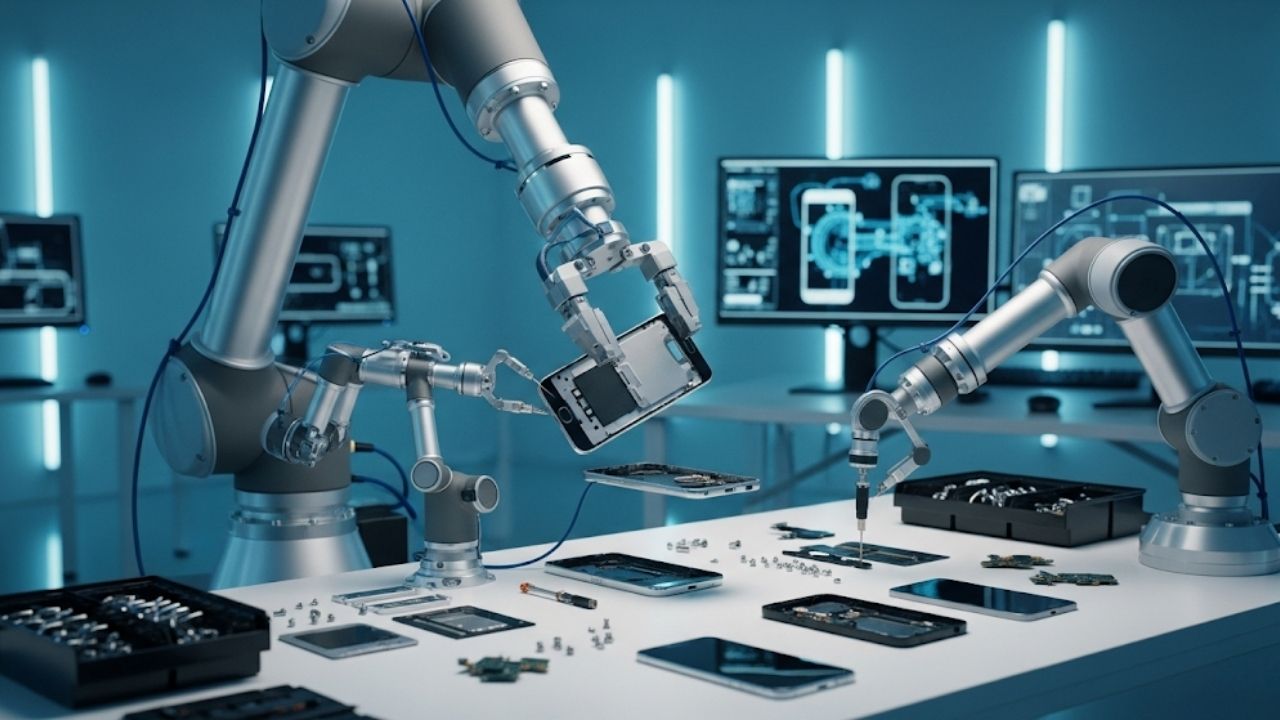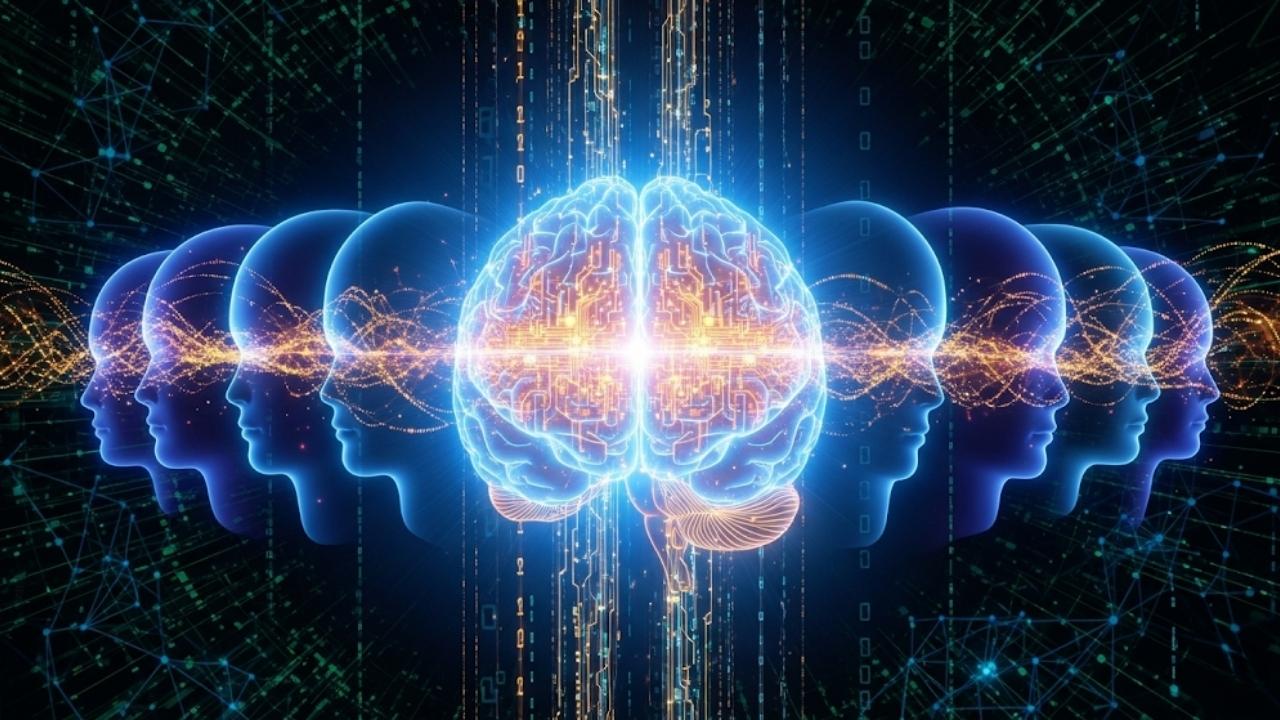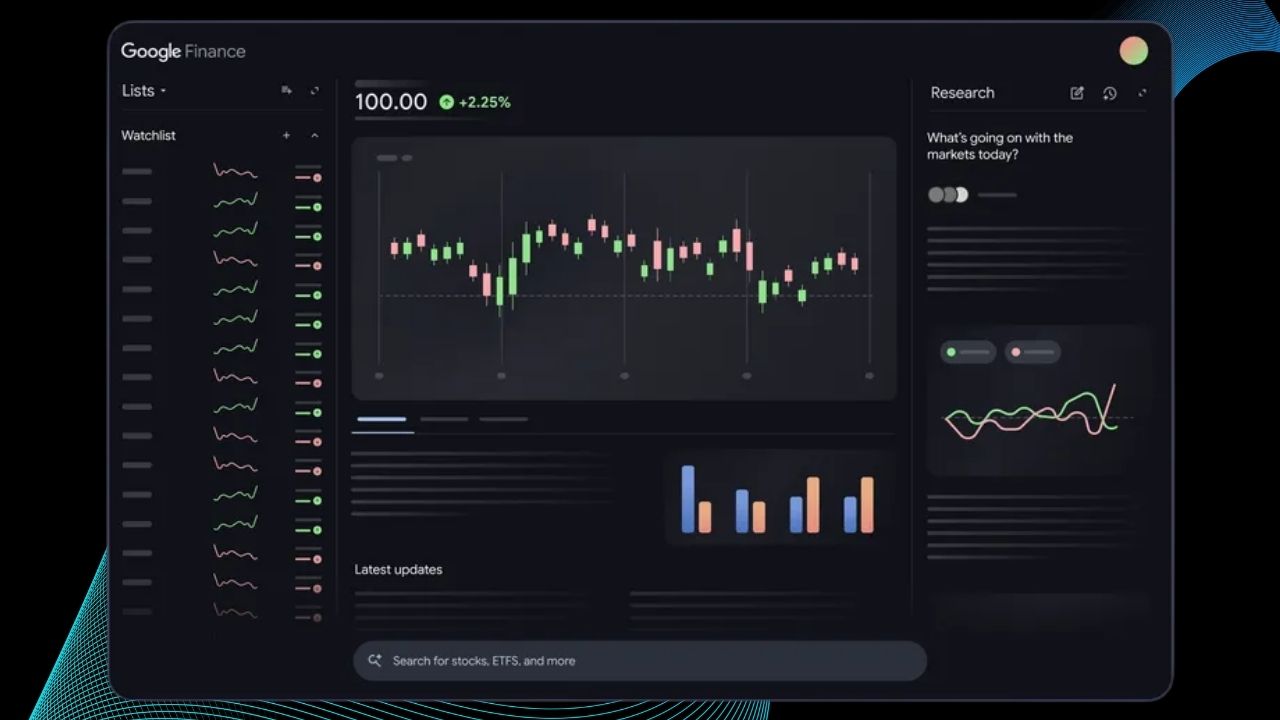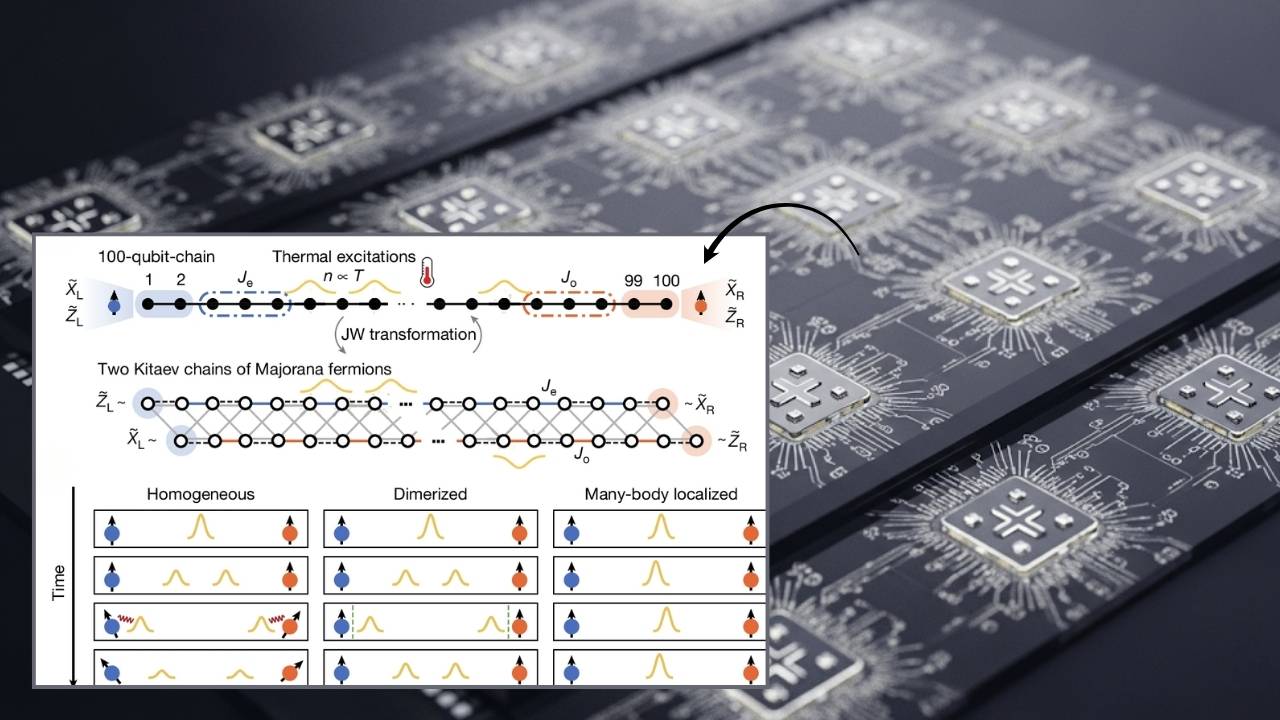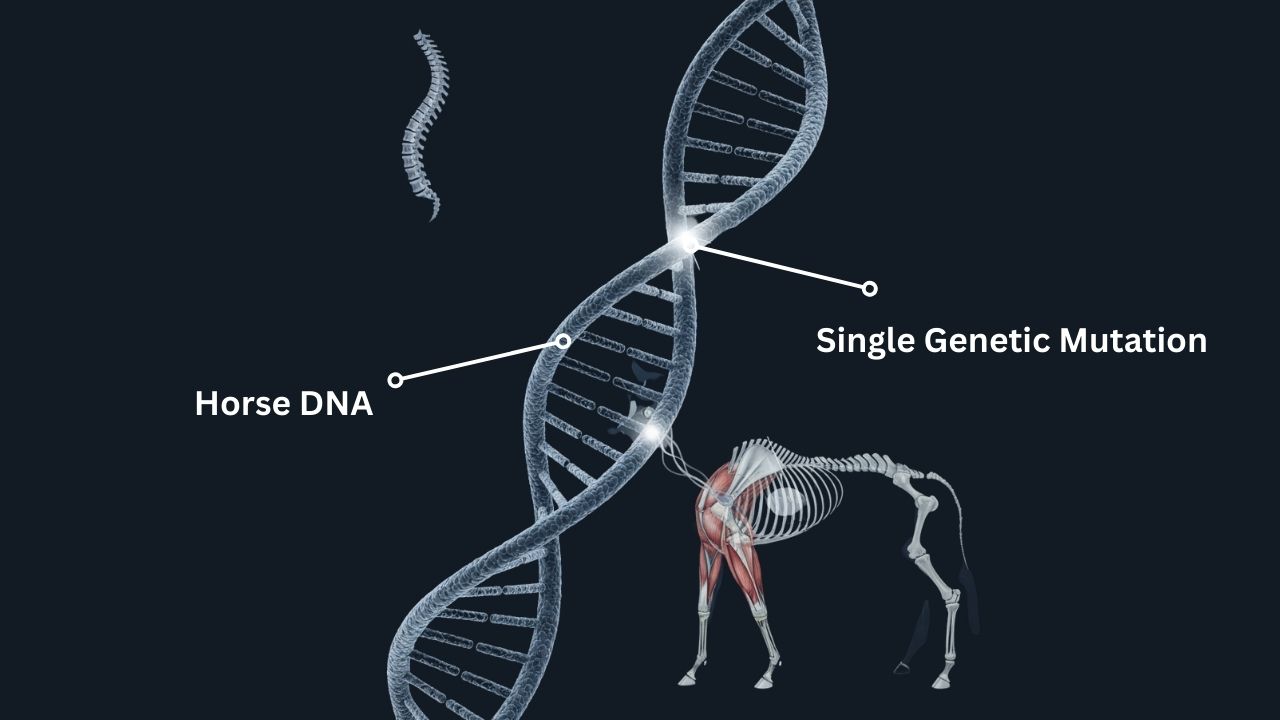Artificial Intelligence (AI) is revolutionizing nearly every aspect of our lives, but perhaps nowhere is its impact more profound than in the way we learn. In 2025, AI-inspired models are at the forefront of educational innovation, showing that surprising, immersive experiences can dramatically enhance human learning. Whether you are a student, educator, or professional, understanding these advances can help you unlock new ways to learn and grow.
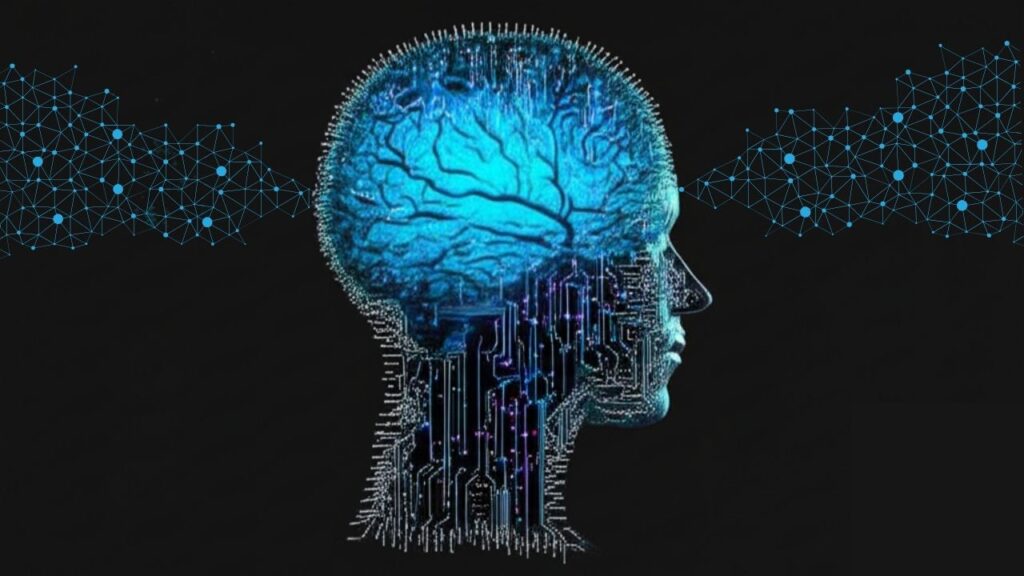
This article explores how AI-inspired learning models work, why unexpected experiences are so powerful for memory and skill-building, and how you can leverage these insights for personal and professional development.
AI-Inspired Models Reveal Surprising Experiences Boost Human Learning
| Feature/Stat | Details & Insights |
|---|---|
| AI in Education Market Size | Estimated to reach $6 billion by 2025 and projected to grow significantly in coming years |
| Job Impact | Millions of jobs evolving due to AI; demand for AI literacy and digital skills rising |
| Personalized Learning | Adaptive AI systems tailor content to individual learners, improving engagement and outcomes |
| Virtual Tutors & 24/7 Support | AI-powered tutors provide round-the-clock feedback and guidance |
| Professional Upskilling | Organizations prioritizing AI skills and digital upskilling for workforce readiness |
| Student Outcomes | Early research shows improved retention and engagement with AI-powered, experiential learning tools |
| Official Resource | U.S. Department of Education AI Report |
AI-inspired models are transforming education by making learning more personal, engaging, and effective. Surprising, immersive experiences—powered by AI—help people of all ages remember more, think deeper, and prepare for the future. Whether you’re a student, teacher, or professional, embracing these innovations can open new doors and make learning an exciting, lifelong adventure.
What Are AI-Inspired Learning Models?
AI-inspired learning models use advanced algorithms to simulate human thinking and learning. These systems process vast amounts of data, recognize patterns, and adapt to each learner’s needs. In practical terms, this means:
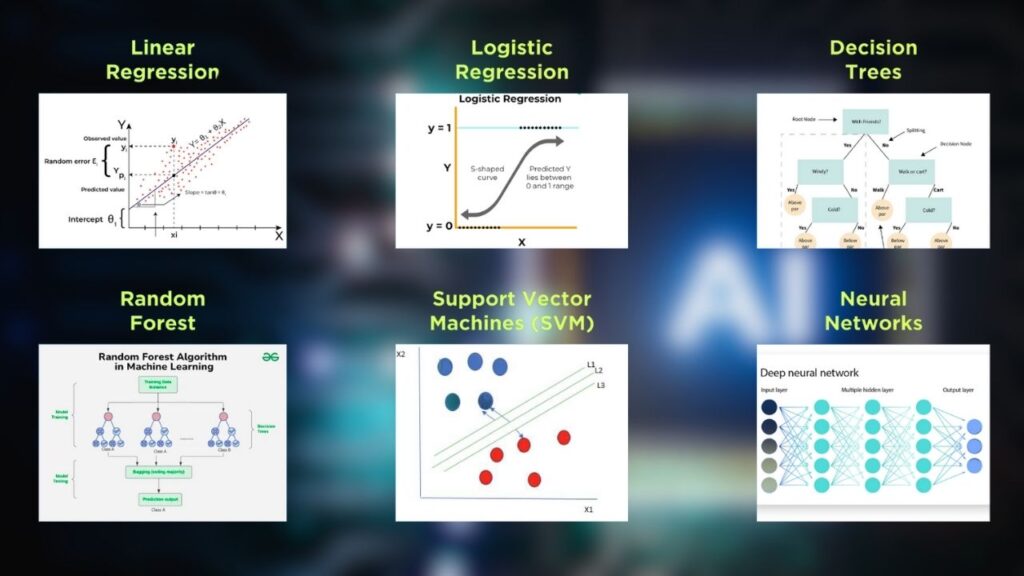
- Personalized lessons: AI adjusts the difficulty and style of teaching based on individual progress.
- Instant feedback: Learners receive immediate suggestions and corrections, accelerating improvement.
- Immersive experiences: AI can generate virtual simulations, interactive stories, and real-life challenges, making learning more memorable and enjoyable.
How AI Mimics Human Learning
AI models are increasingly designed to learn the way humans do—by interacting with their environment, making predictions, and adapting when things don’t go as expected. This approach, often called experiential or cognitive learning, allows AI to improve through trial, feedback, and adaptation, just like people.
Why Do Surprising Experiences Matter in Learning?
Surprise is a powerful catalyst for learning. When something unexpected happens, our brains pay closer attention, process information more deeply, and remember it longer. AI-inspired models harness this by:
- Introducing novel challenges: Learners encounter real-world problems or puzzles that require creative solutions.
- Simulating real-life scenarios: Virtual and augmented reality powered by AI can immerse students in environments ranging from ancient civilizations to modern laboratories.
- Personalizing surprises: AI tracks what each learner knows and introduces new concepts in ways that are just challenging enough to spark curiosity.
The Science Behind Surprise and Memory
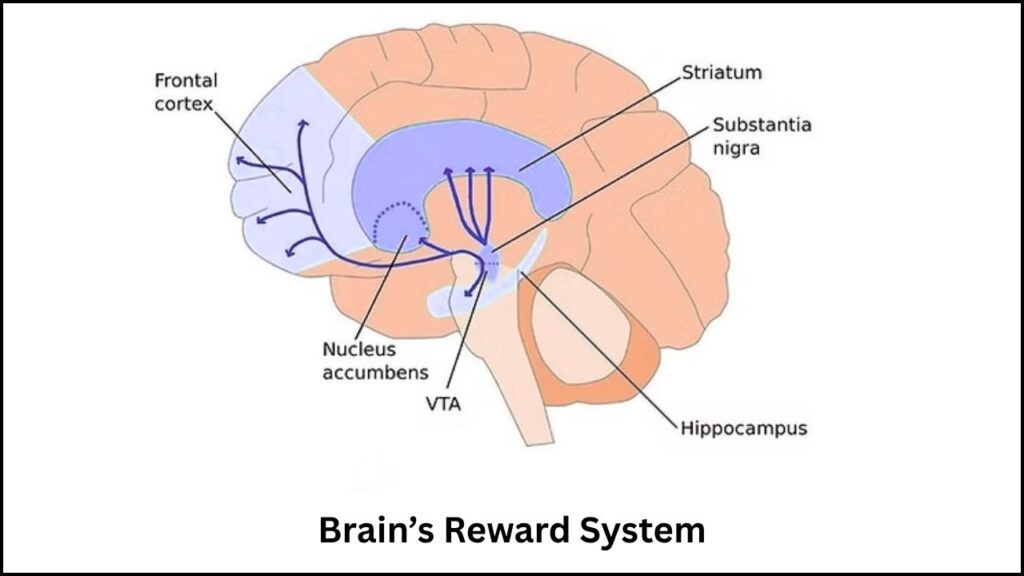
Research in neuroscience shows that novelty and surprise activate the brain’s reward system, releasing dopamine, which enhances focus and memory formation. This is why unexpected, hands-on experiences—like solving a mystery in a virtual world—can be much more effective than passive learning.
How AI-Inspired Models Are Transforming Education
1. Adaptive Learning & Personalized Education
Adaptive learning platforms use AI to analyze each student’s strengths, weaknesses, and progress. Based on this data, the system customizes lessons, quizzes, and activities, ensuring that every learner is challenged at the right level.
Benefits:
- Students learn at their own pace, reducing frustration and boredom.
- Teachers can focus on mentoring and creative instruction.
- Learners who need extra help receive targeted support, while advanced students can move ahead.
Example in Action:
A student struggling with fractions might receive extra practice problems and step-by-step explanations, while another who masters the topic quickly can move on to more advanced concepts.
2. AI-Powered Virtual Tutors & Assistants
AI-driven virtual tutors are available 24/7, providing instant feedback and personalized guidance. These tools break down complex topics, offer hints, and help with homework or professional training modules.
Benefits:
- Learners get help anytime, anywhere.
- Teachers can spend more time on critical thinking and creativity.
- Professionals can upskill on their own schedule.
Real-World Scenario:
A professional preparing for a certification exam can use an AI tutor to identify weak areas, practice with customized quizzes, and receive explanations tailored to their learning style.
3. Real-Time Analytics & Learning Gap Identification
AI-powered analytics can quickly identify where a student is struggling and suggest targeted interventions. This data-driven approach helps educators address learning gaps before they become bigger problems.
Benefits:
- Early intervention for struggling students.
- Data-driven decisions for teachers and administrators.
- More effective, inclusive classrooms.
Example:
If a group of students consistently misses questions about a particular concept, the system alerts the teacher, who can then review the topic with the class or assign supplementary materials.
4. Professional Development & Upskilling
The world of work is changing rapidly. Organizations are increasingly prioritizing AI and digital skills to stay competitive. AI-powered learning platforms offer coding courses, industry certifications, and tailored upskilling paths for professionals.
Benefits:
- Stay competitive in the job market.
- Learn new skills efficiently and effectively.
- Prepare for emerging roles and industries.
Workplace Example:
A marketing manager can use an AI-driven course to learn about data analytics, receiving personalized feedback and real-world case studies relevant to their industry.
Practical Guide: How to Benefit from AI-Inspired Learning
For Students
- Explore AI-powered learning apps: Try platforms that use AI to adapt lessons to your pace and interests.
- Seek feedback: Use AI tutors for instant feedback on assignments and quizzes.
- Embrace new challenges: Don’t shy away from difficult or unexpected problems—they help your brain grow!
For Teachers
- Integrate AI tools: Use adaptive learning platforms to customize instruction for each student.
- Focus on creativity: Let AI handle routine grading and feedback, freeing you to inspire critical thinking and collaboration.
- Pursue professional development: Take part in AI literacy courses and workshops to stay ahead of the curve.
For Professionals
- Upskill with AI: Enroll in online courses that teach AI fundamentals or industry-specific applications.
- Leverage AI assistants: Use AI tools for research, writing, and project management to boost productivity.
- Stay informed: Follow official resources and reports for the latest trends and best practices.
Vision-Language AI Models Can Now Learn Spatial Skills Without Needing Explicit 3D Data
OpenAI Taps Oracle’s Cloud Power as It Races to Train Next-Gen AI Models
AI-Driven Models Accelerate Molecular and Materials Discovery in Biomedical Research
FAQs About AI-Inspired Models Reveal Surprising Experiences Boost Human Learning
Q1: What is an AI-inspired learning model?
A: It’s a computer system that mimics how humans learn, using data and algorithms to personalize lessons, provide instant feedback, and create engaging learning experiences.
Q2: How does AI make learning more effective?
A: AI adapts to each learner’s needs, introduces surprising challenges, and offers real-time feedback—helping learners stay engaged and retain information longer.
Q3: Are AI-powered learning tools safe and private?
A: Most reputable platforms follow strict privacy and data security guidelines. Always check for official certifications and privacy policies before using any tool.
Q4: Will AI replace teachers?
A: No. AI is designed to support teachers, not replace them. It automates routine tasks, allowing teachers to focus on creativity, mentorship, and critical thinking.

